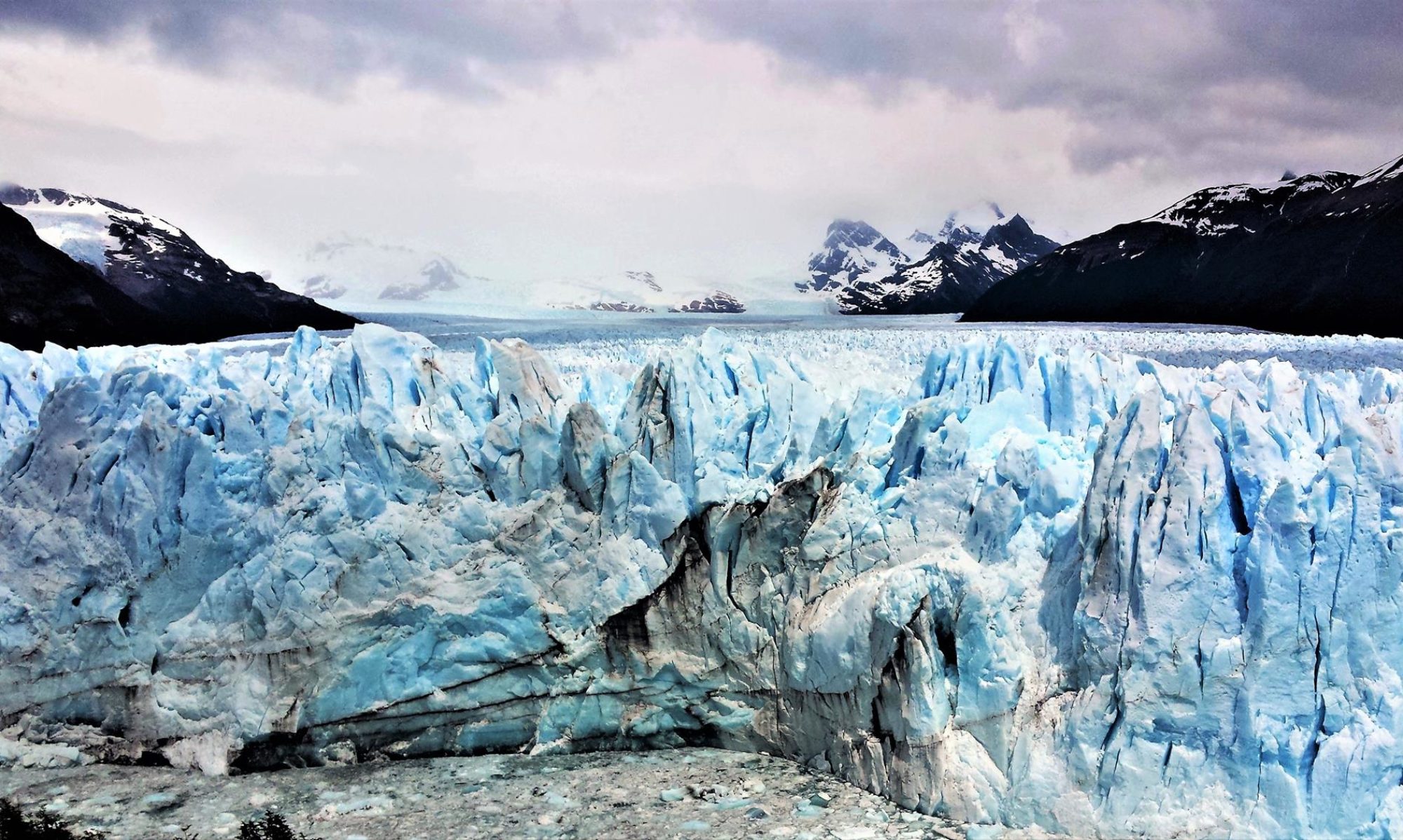
I am Assistant Professor of International History at Boston University’s Frederick S. Pardee School of Global Studies. My research and teaching concern European and world history, science and technology studies, and environmental history. I am currently completing a book, Project Planet: A History of the 1957-1958 International Geophysical Year, which examines the global expansion and contested nature of Earth science during the Cold War and collapse of European empires. Drawing on multilingual archival research conducted across six continents, this work on planetary thought builds on my previous scholarship about nationalism in global history. My first book, Chosen Nation: Mennonites and Germany in a Global Era, appeared with Princeton University Press in 2017.
Support for my scholarship has come from institutions including the American Historical Association, the Consortium for History of Science, Technology, and Medicine (CHSTM), the Fulbright Commission, the German Academic Exchange Service, and NASA. I have held fellowships at the European University Institute, Free University Berlin, Freiburg Institute for Advanced Studies, the Smithsonian National Air and Space Museum, and the University of Chicago. Prior to joining Boston University, I was an Assistant Professor at George Mason University. I hold a BA from Swarthmore College and a PhD from Harvard University.



